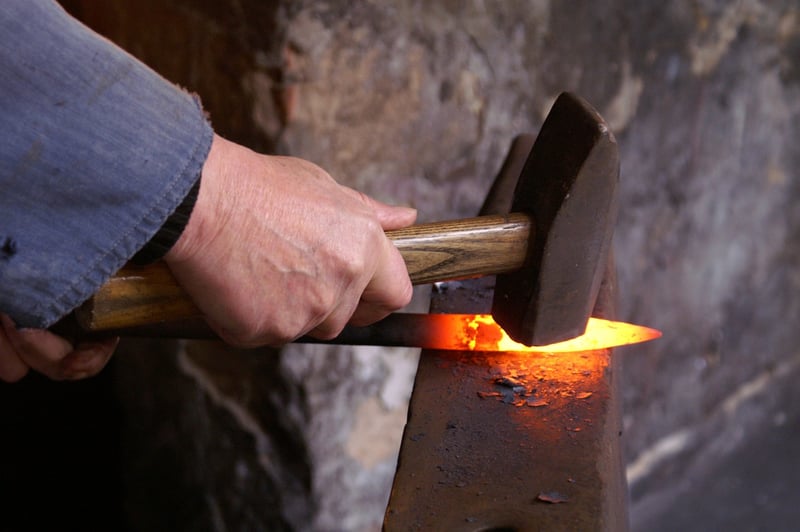Historical Events
Exploring Different Eras and Historical Events
History is a tapestry woven with the threads of different eras and historical events that have shaped our world. From ancient civilizations to modern revolutions, each period carries its own unique significance and impact on society. Let's take a journey through time and delve into some key historical events across various eras.
Ancient Civilizations
Ancient civilizations such as the Egyptians, Greeks, Romans, and Mesopotamians laid the foundation for many aspects of modern society. Their advancements in architecture, art, governance, and philosophy continue to influence us today.
Egyptian Civilization
The ancient Egyptians built remarkable pyramids, developed hieroglyphic writing, and worshiped a pantheon of gods. The construction of the Great Pyramid of Giza and the rule of pharaohs like Tutankhamun are among the most famous aspects of this civilization.
Medieval Period
The medieval period in Europe was characterized by feudalism, chivalry, and the rise of powerful empires. Events such as the Black Death, the Crusades, and the Magna Carta significantly impacted the course of history during this time.
The Black Death
The Black Death, a devastating pandemic caused by the bubonic plague, swept through Europe in the 14th century, leading to widespread death and social upheaval. It reshaped the demographic and economic landscape of the continent.
Modern Era
The modern era witnessed significant advancements in science, technology, and globalization. World Wars, revolutions, and the fight for civil rights mark this period, shaping the world as we know it today.
World War II
World War II, one of the deadliest conflicts in history, involved major world powers and resulted in widespread devastation. The Holocaust, the atomic bombings of Hiroshima and Nagasaki, and the creation of the United Nations are key legacies of this war.
Contemporary Times
In contemporary times, events such as the fall of the Berlin Wall, the rise of the internet, and the fight against climate change have captured global attention. The digital age has transformed communication, commerce, and social interactions.
The Fall of the Berlin Wall
The fall of the Berlin Wall in 1989 symbolized the end of the Cold War and the reunification of East and West Germany. It marked a significant moment in history, leading to political changes across Europe.
Exploring different eras and historical events allows us to understand the complexities of our past and appreciate how they have shaped the world we live in today. Each era contributes its own chapter to the ongoing story of humanity, reminding us of the resilience, creativity, and diversity of human civilization.



Keep exploring history to uncover the rich tapestry of our past and gain insights into the forces that have shaped our present and will influence our future.
